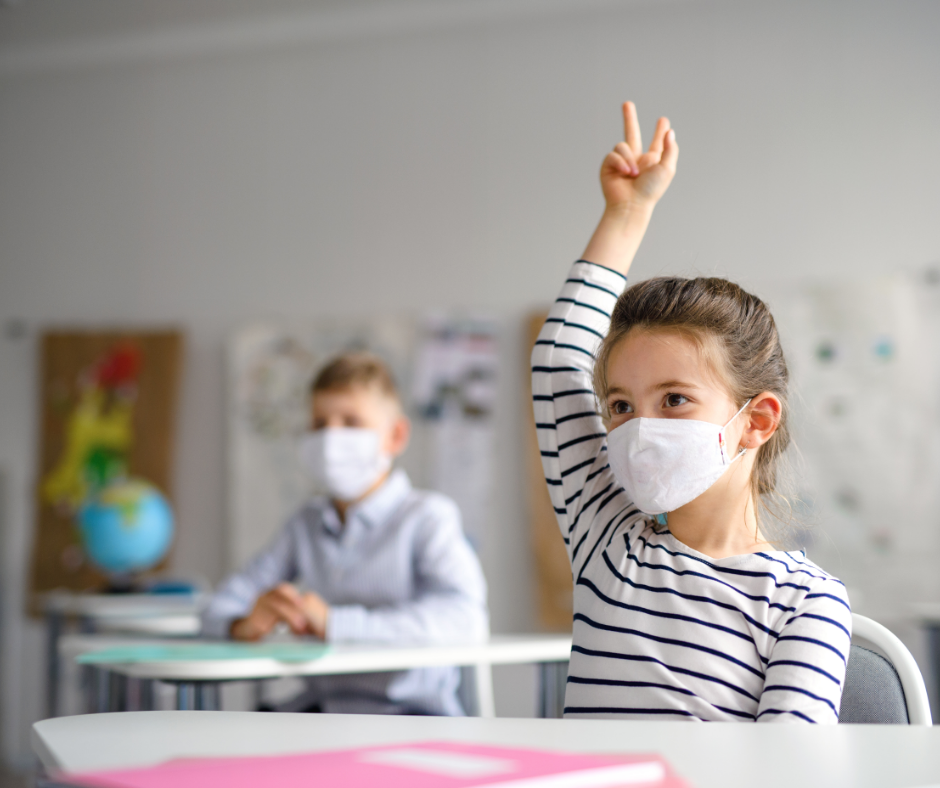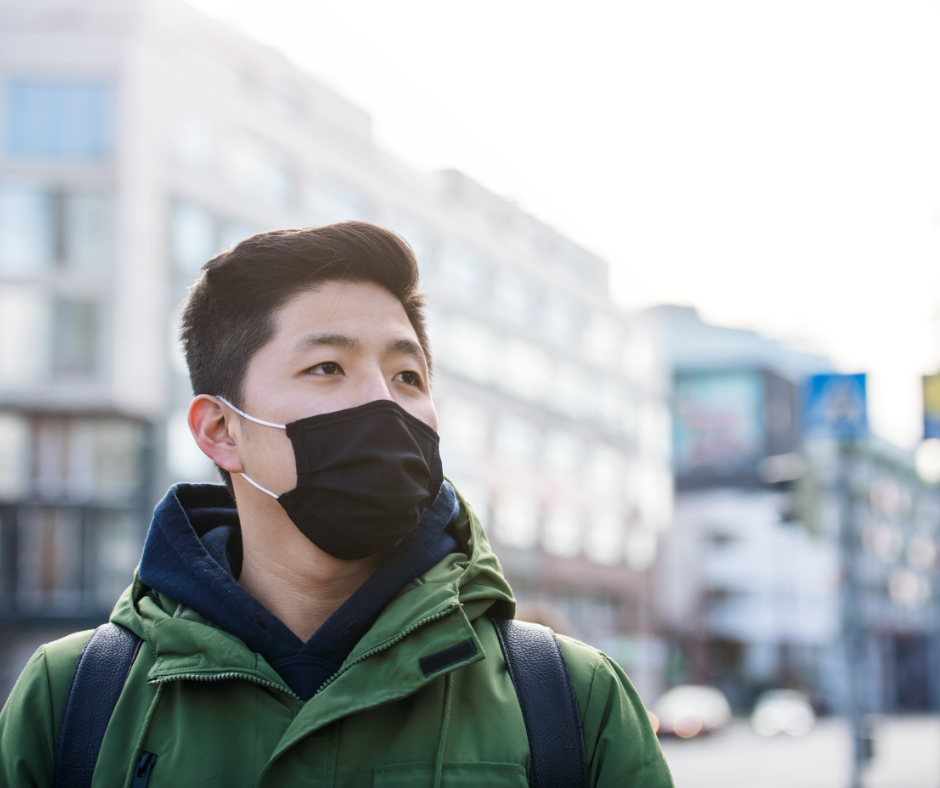We asked Dr. Jay Rosenbloom, pediatrician and immunization expert, to share his thoughts on frequently asked questions from parents regarding the new COVID-19 vaccine. We are learning more about the vaccine daily. This FAQ is based on the information we know today, December 11th.
The new COVID-19 vaccines coming out are not for children. Can you explain why kids were not included in the initial studies?
There was debate initially about trying to have a vaccine for kids available sooner since we know kids can transfer the virus. Instead, since this was a new vaccine, the decision was made that it would be better to have safety data about the group who are most at risk of serious harm from the disease before starting safety trials in kids who are lower risk.
How are the differences in immune response in children vs. adults a factor in developing the COVID-19 vaccine?
I like the way Dr. Evan Anderson, a pediatric infectious disease specialist, says it in a recent article in the Chicago Tribune, “younger children need their own testing because they have more ‘robust’ immune systems that may need different doses or show different reactions.” For example, we give the DTaP vaccine to infants, which is a higher dose than the Tdap used for 10 year-olds. The 11 year-olds get 2 doses of HPV and the 15 year-olds need 3 doses.
Can I get the COVID-19 infection from the vaccine?
No, it is not possible to get the COVID-19 virus from the vaccine. The vaccine mimics pieces of the virus but does not contain all the components. Every vaccine has the potential to cause mild symptoms, which are typically short-lived. This is what we have seen so far from the clinical trials of the COVID-19 vaccine. Any symptom experienced from the vaccine would be much less severe than if a person was actually infected with the virus. As the vaccine is currently being rolled out in UK, we are learning more and more each day.
How do you as a pediatrician and expert in vaccines decide which COVID-19 vaccine will be safe to get yourself and for your patients?
I’m looking for independent reviews of the data submitted to the FDA indicating that the vaccines are safe and effective. The data is initially submitted from pharmaceutical companies who have the potential for bias, but some federal and state groups are putting together their own health experts to review the data. This takes the politics and industry influence out of the decision-making and follows the international standards set for vaccine trials.
Will your staff and providers, as frontline healthcare workers, be getting the new COVID-19 vaccines?
The CDC states healthcare workers which include hospitals, outpatient clinics, long term care facilities, home health, emergency services, and public health will be the first group to receive the vaccine. This does include our clinic, but hospitals and ICU’s should get it first. I would absolutely get one when it’s available to us.

When do you foresee being able to offer the COVID-19 vaccine to your patients?
It’s difficult to answer this because there are still so many unknowns. Once the vaccine is available for general use, we will be able to figure out the details; however this will be many months from now.
What will we need to watch for in the coming months to know how effective the COVID-19 vaccines are working?
We should see a rapid decline in the overall infection rate in the community as more people are immune. We don’t know how many people we need for herd immunity, but likely 80-85% of people will need to be vaccinated to stop it completely. The testing has shown 4-5% of the population has tested positive in the US. The estimates are that in some areas up to 20% of the population already has had COVID-19 in the US, but this is a long way from herd immunity.
How many doses of the vaccine will I need to receive? How soon after receiving the COVID-19 vaccine will I have immunity to the virus?
With the Pfizer and Moderna vaccines that are coming out, you need 2 doses 28 days apart. We don’t know definitively yet how efficacious only one dose would be because researchers were very careful in making sure participants in the clinical trials received both doses. There is another vaccine coming from Johnson and Johnson, which is a 1-dose vaccine.
There is not enough data yet to know how long it takes for someone to be immune to the virus once they get the vaccine. It will take several months before there is enough vaccine available for everyone though. Receiving the vaccine doesn’t mean we can all return to “normal life” right away. Mask-wearing and limiting large gatherings will likely be a part of our lives for several more months.
Do you foresee that children will need to be vaccinated before returning back to in-person school full time?
If I had a crystal ball, and this is just my opinion, I don’t’ think so. I am hoping that before next Fall, we can decrease transmission in the adult population enough so that kids can go back to in-person school even before they are fully vaccinated.
What are the best ways to prevent COVID-19 in our families now until the vaccine is available?
It’s what we all keep saying like a broken record- masks really do work along with social distancing and hand sanitizing. Masks work so well that I’ve only seen one strep throat and one ear infection since March. People are not sharing their germs as much and it’s preventing a lot more than COVID-19 infections.
As more data about the vaccine becomes available, we will be creating a more in-depth FAQ. Check back on our website!







